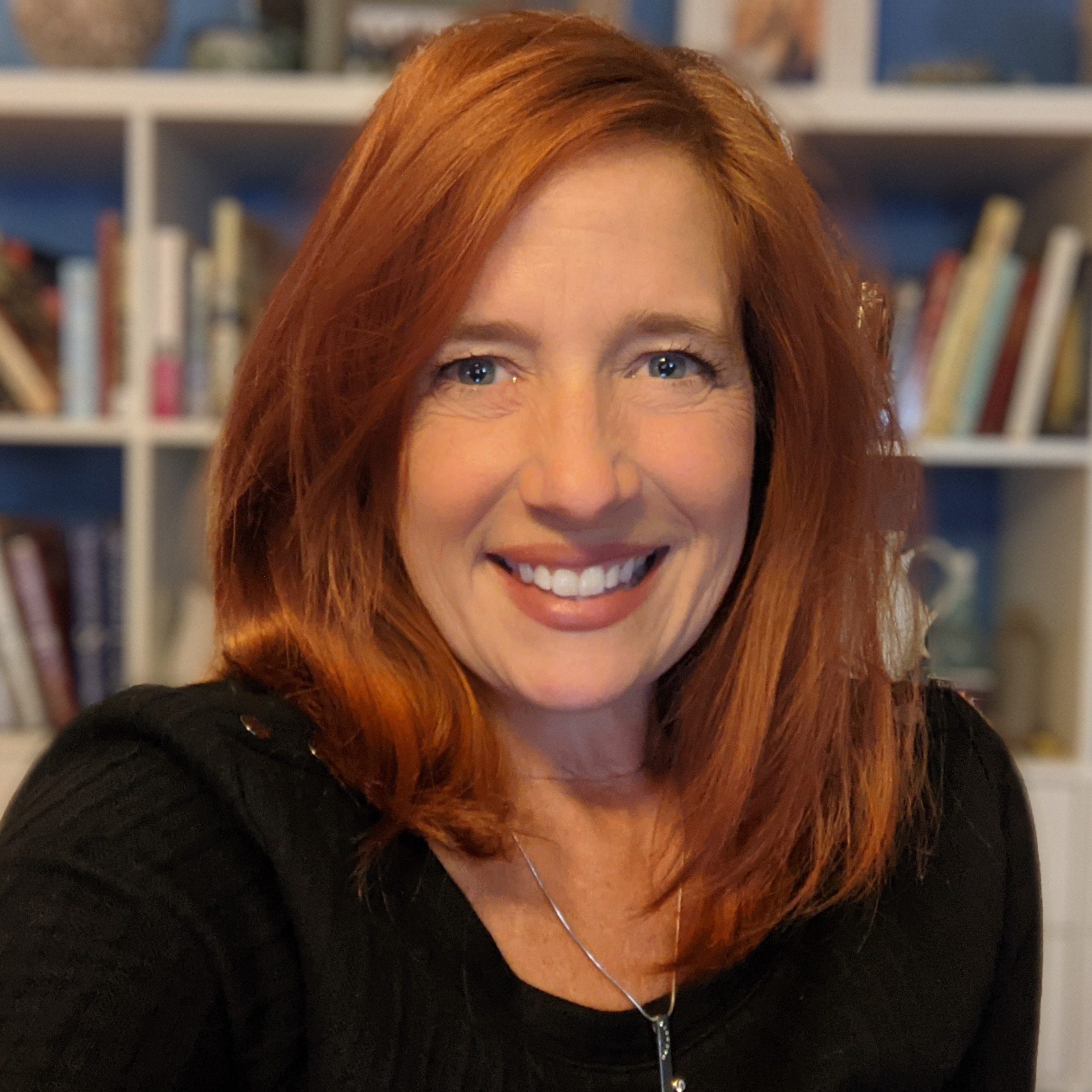Know the Policy Types
Insurance providers design policies to protect your home and possessions if an event, otherwise known as a peril, causes damage to you or your property. While you can’t avoid the incident, your insurance will reimburse you for some or all of the loss.
Homeowners insurance has a lot of options, so you can customize your coverage to fit your needs and budget. Some elect to get a general policy and add riders to cover specific incidents. For instance, most homeowners insurance doesn’t cover flooding, but you can purchase flood insurance separately.
Understanding your policy’s peril coverage plays a significant role in determining what additional coverage you need.
Table of Contents
Peril Coverage Depends on Your Type of Homeowners Insurance
A peril is any event that can cause damage or loss to your home or your possessions. The list of perils is broad and includes natural disasters like hail and lightning and outside events like vandalism and theft.
Different types of homeowners insurance cover different perils. When comparing policies, comparing peril coverage gives you a more thorough understanding of what your insurance will do for you. It can also highlight some gaps you might want to fill with specific rider policies.
What is Perils Coverage?
Named peril coverage refers to a policy that lists the events or perils that will be covered. Open peril coverage is sometimes called all-risk homeowners insurance, and it’s more comprehensive, covering more potential events.
Named peril insurance tends to be more affordable than open peril coverage because there are fewer opportunities for damage. Open peril generally covers all of the same events that a named coverage plan would and then many, many more. Therefore, a greater possibility of a claim increases the rates higher.
Named Perils
A named-peril policy explicitly lists the covered events in this type of insurance. There can be variations between policies, but the following are commonly named peril events:
- Fire
- Explosion
- Lightning
- Windstorm or Hail
- Aircraft
- Vehicle
- Smoke
- Vandalism
- Theft
- Falling Objects
- Weight of Ice, Snow, or Sleet
- Freezing
- Volcanic Eruption
Named peril coverage is a good starting point for homeowners. Insurance providers design named peril coverage to protect some primary events that can damage a home and property. However, it’s not inclusive which might make you want to consider adding riders or choosing an open peril policy.
Open Perils/All-Risk
Open peril coverage usually includes all of the events listed in a named peril policy and then adds others void of specific exclusions. The industry considers this variety “all-risk” because it covers everything not listed as an exclusion. So instead of a list of covered perils, you’ll find a list of events that are not covered. Those commonly include:
- War
- Flood, mudslide
- Sewer backup
- Boiler explosion
- Wear and tear
- Rust, corrosion, decay, etc.
- Earthquakes
- Pollution
- Insect or rodent infestation
While named peril insurance lists what events it will cover, an open peril policy will cover everything except what is listed.
A Combination of Both
A combination of open and named peril insurance is a popular choice because it is a cost-effective approach to having a blend of coverage. The combination gives the insured open peril coverage for the policyholder’s home and named peril coverage for their possessions.
If you have a mortgage, you might be required to purchase comprehensive or all-risk coverage for the home itself. Picking named peril coverage for your possessions instead of open peril can be a way to cut your costs.
Which Type of Policy Is Right for Me?
Homeowners insurance is not universal, and the policyholder needs to customize it according to their situation and lifestyle. Consider the following factors before deciding on open peril, named peril, or combination homeowners insurance.
- Mortgage requirements
- Regional weather or natural disaster concerns
- Value of your personal belongings
- Individual financial situation
- Cost
- Peace of mind
Riders also factor into your homeowners insurance decision. If a flood is something you’re worried about, you’ll find that most named and open peril policies exclude floods. If you’d like to add riders to your policy, you’ll have to take out a separate rider to ensure you have this protection.
The last consideration is what will make you feel most comfortable and protected. A big part of homeowners insurance is feeling confident you’re doing what you can to protect your investments.
